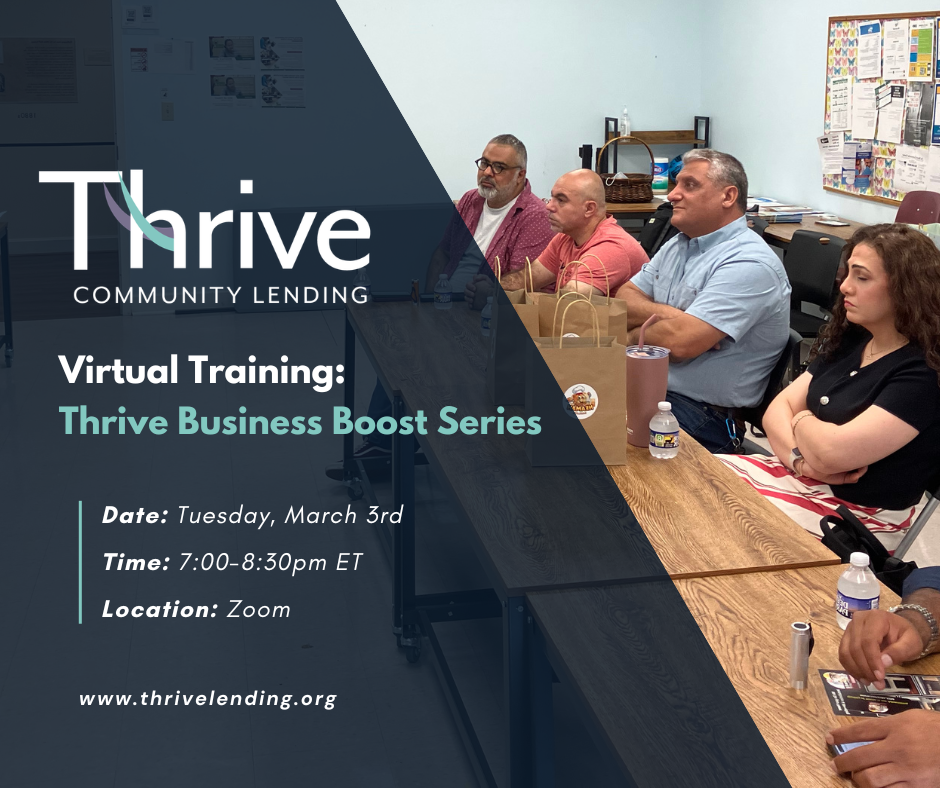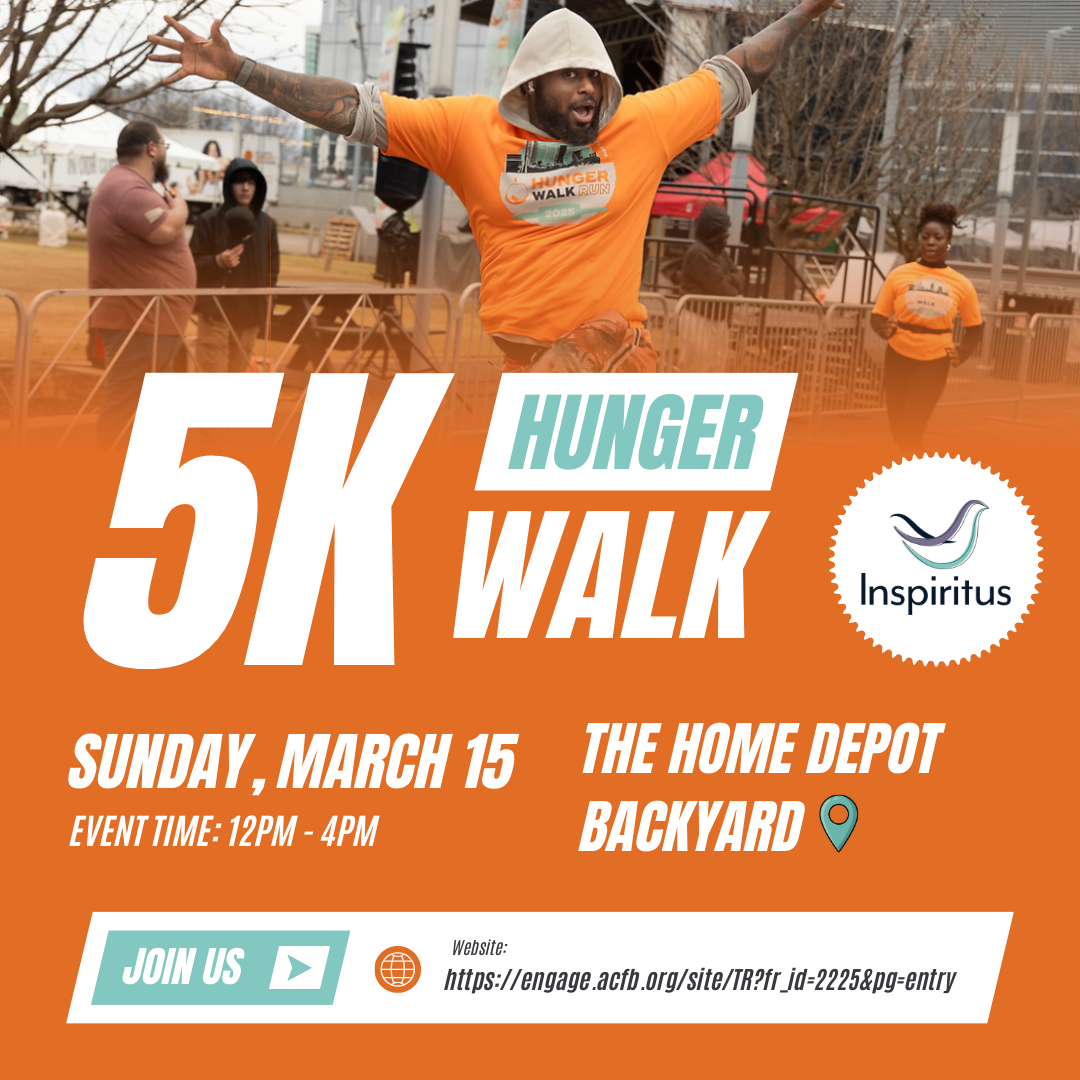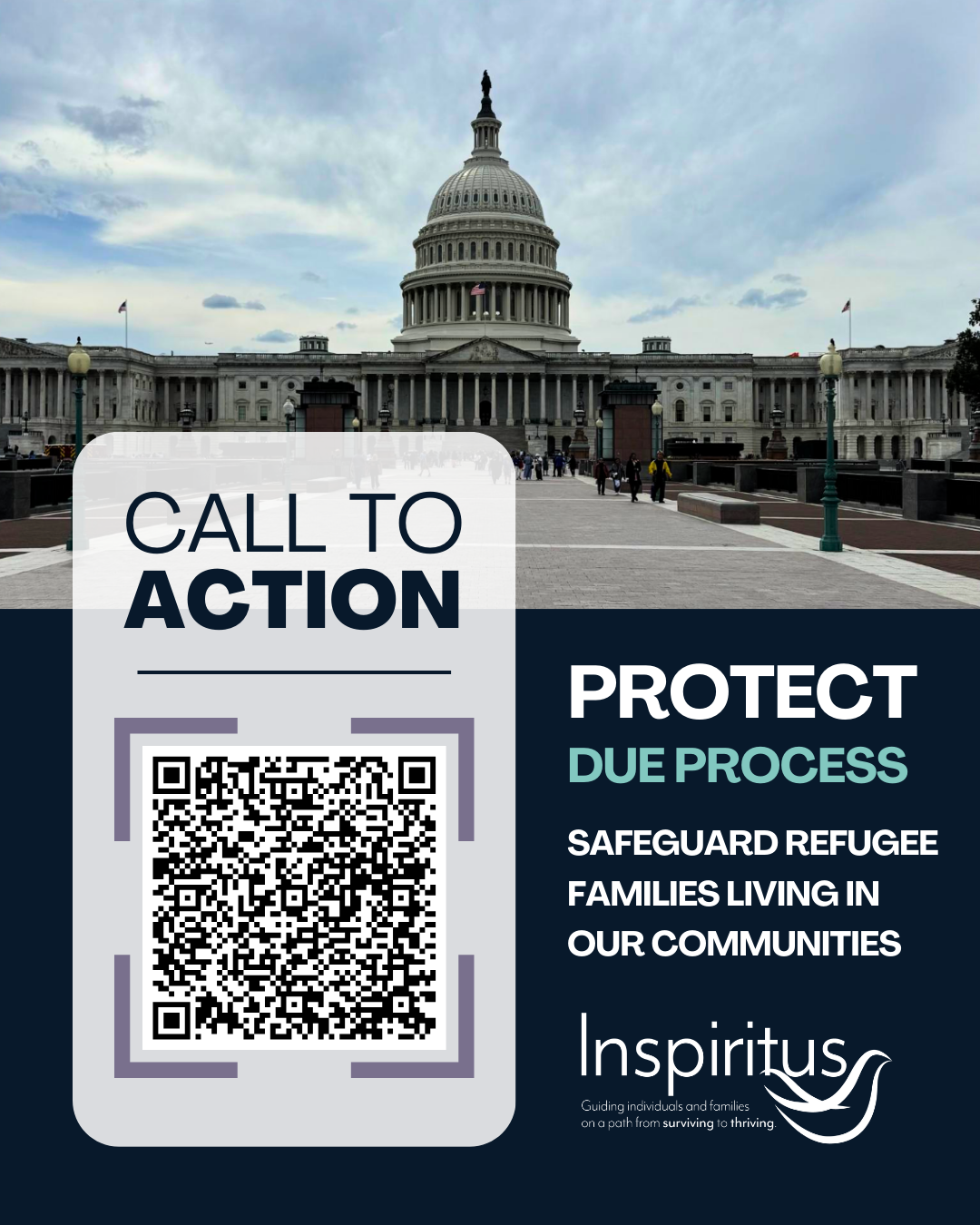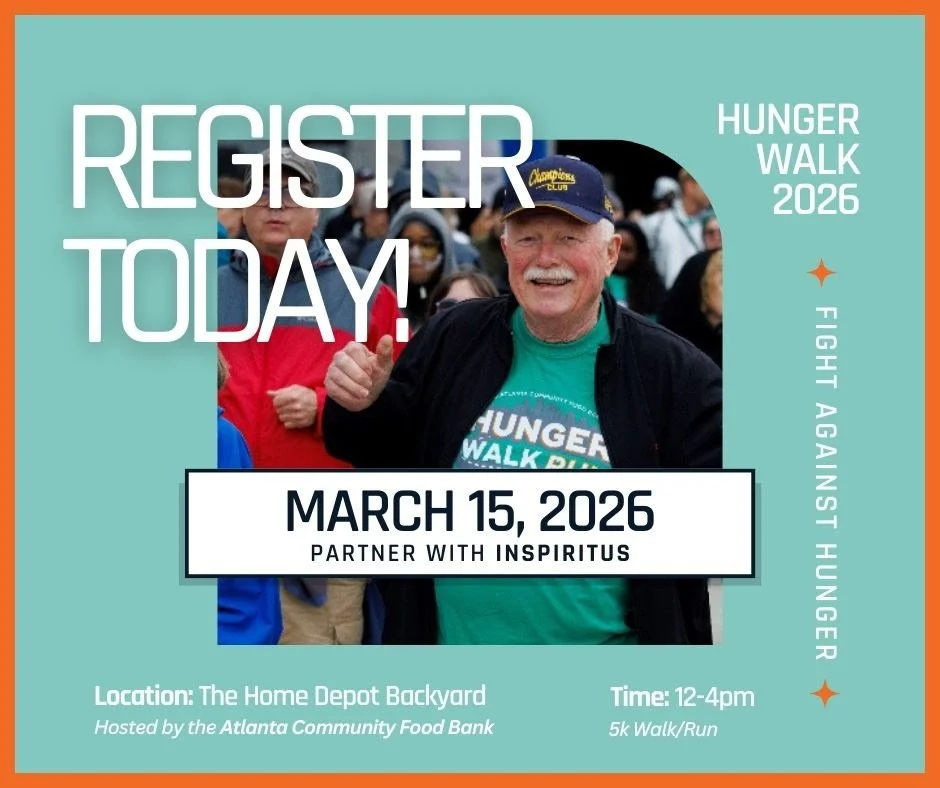By: David White, Case Manager, Family Intervention Services
After Mr. and Mrs Rogers' three children were removed from their home and placed into foster care, the Department of Family and Children Services referred them to Lutheran Services of Georgia's Family Intervention Services (FIS) program. FIS offers an array of services to children and families that build, maintain, and strengthen relationships. LSG staff created a case plan for the parents to follow to regain custody of their children, a plan which included supervised visitation with their children, parenting classes, and counseling sessions focused around both personal and relational issues. The family had multiple tasks to complete before the children could return home, but despite the emotional unrest, the Rogers put forth their best effort.
The Rogers showed perseverance in getting their children back home regardless of the many obstacles they faced. Although they had no personal means of transportation, they used public transportation and reached out to family members to get to all of their appointments. During the process, the family secured adequate housing so their children would have proper shelter upon return. Mrs. Rogers started school and stressed how much she desired to provide a better life for her children. Mr. Rogers secured stable employment and even worked closely with his case manager to develop a budget to ensure that the money he earned was being used effectively. Even when they thought their children would be returned to them only to discover that there were more tasks to complete, they didn’t complain and continued on with even more determination.
Throughout the case plan, the Rogers’ hearts were heavy and they missed their children dearly, but they remained steadfast. Many times, the children cried after visitations because they didn’t want to leave their parents, but the Rogers stayed strong for their children and ensured them they would return home soon. Even though they faced every obstacle imaginable—lack of finances, transportation, and medical problems—they made sure that every requirement on their case plan was met. They were truly focused on one goal—to regain custody of their children.
The Rogers remained cooperative and hopeful for a favorable outcome. They were serious about taking advantage of the services provided through FIS and were always engaged in parenting classes and counseling sessions. For the Rogers, the FIS case plan wasn’t merely items on a list that needed to be checked off; they sincerely wanted to move forward in life as better parents and eagerly absorbed all the information and knowledge given to them. They even got married during this process, demonstrating how serious they were about being a family and making changes for the better together. In my opinion, the Rogers family is a perfect example of commitment, determination, and genuinely seeking a positive life transformation. They did not let the negative situation and circumstances in their life break them down; instead, they humbled themselves and took this as an opportunity for growth in every area of their lives.
In June 2014, the Rogers regained custody of their children and were happily reunited. Although they still face minor challenges, they appear better equipped to positively handle them. Thanks to their commitment to improving their lives and apply the lessons learned in FIS parenting classes and counseling sessions, the Rogers are ready to move forward, together, as a family.
*Names and identifying information have been altered to protect the family. For more information about FIS, click here.
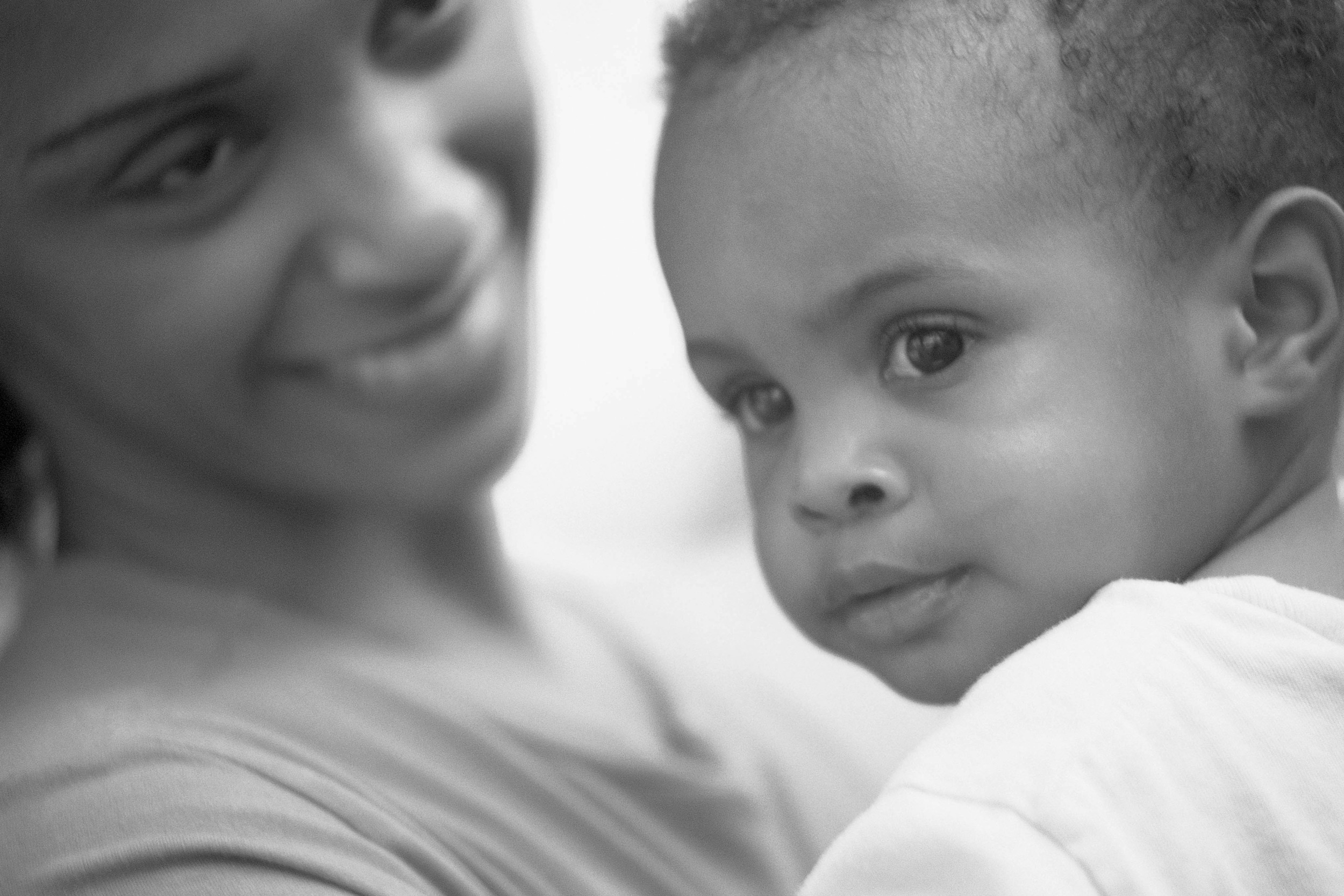 Lutheran Services of Georgia’s A+ Parents program aims to build strong, healthy family relationships to prevent family issues from escalating to the point of requiring Child Protective Services intervention and/or out-of-home placements for children. LSG uses the evidence-based Nurturing Parenting Program curriculum which is designed to build nurturing parenting skills as an alternative to abusive and neglecting parenting and child-rearing practices.
Lutheran Services of Georgia’s A+ Parents program aims to build strong, healthy family relationships to prevent family issues from escalating to the point of requiring Child Protective Services intervention and/or out-of-home placements for children. LSG uses the evidence-based Nurturing Parenting Program curriculum which is designed to build nurturing parenting skills as an alternative to abusive and neglecting parenting and child-rearing practices.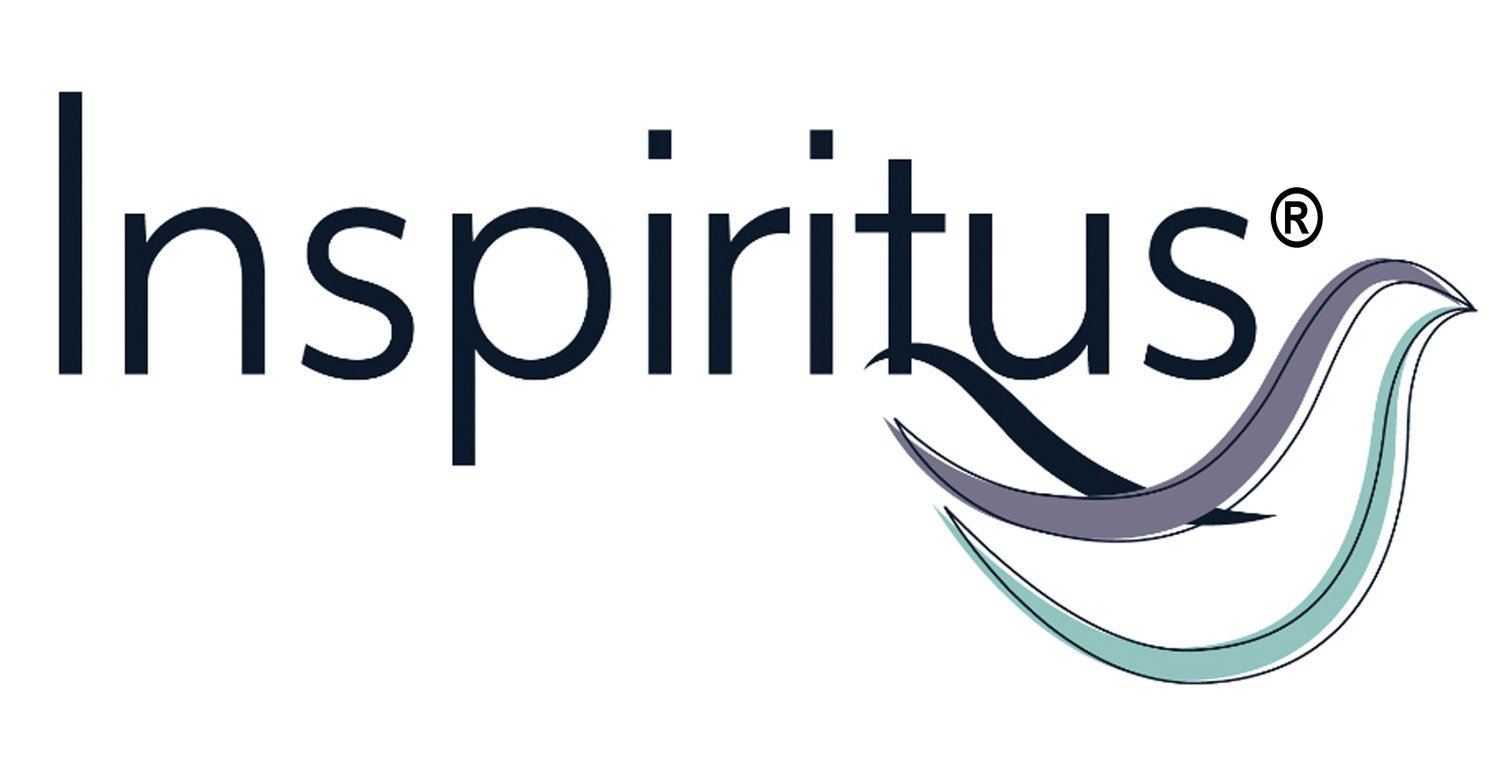


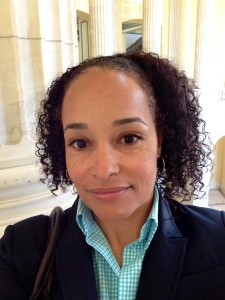 On May 6-8, LSG’s Vice President of Programs Alie Redd, LCSW, participated in the Child Welfare League of America’s 2014 National Advocacy Summit in Washington, D.C. Below, Alie shares her experience advocating for the nation’s vulnerable children.
On May 6-8, LSG’s Vice President of Programs Alie Redd, LCSW, participated in the Child Welfare League of America’s 2014 National Advocacy Summit in Washington, D.C. Below, Alie shares her experience advocating for the nation’s vulnerable children.


